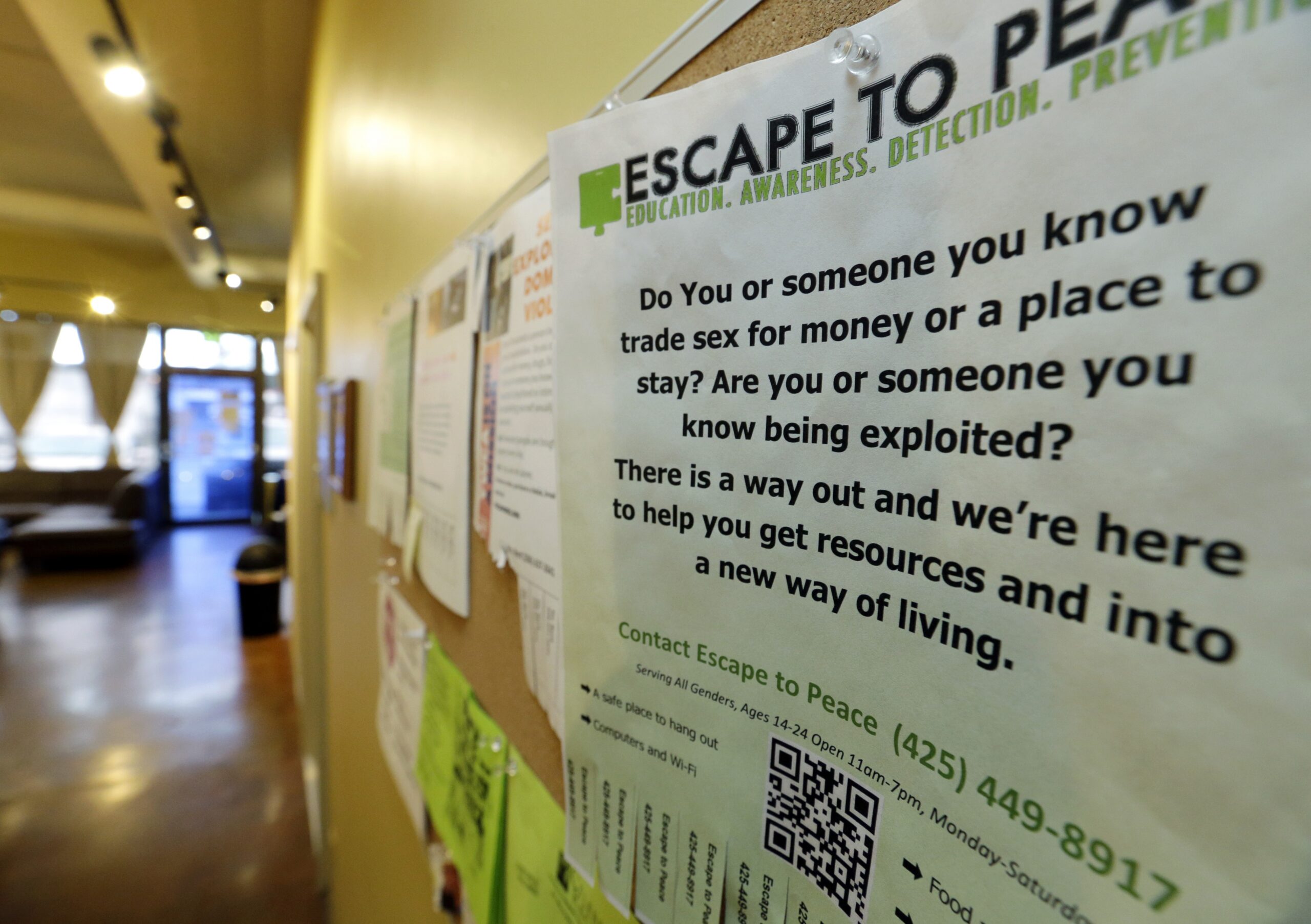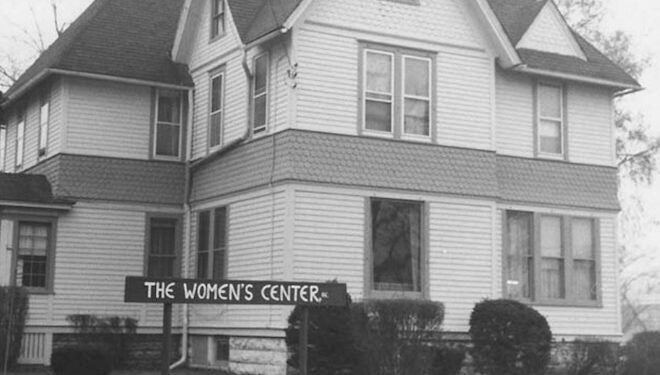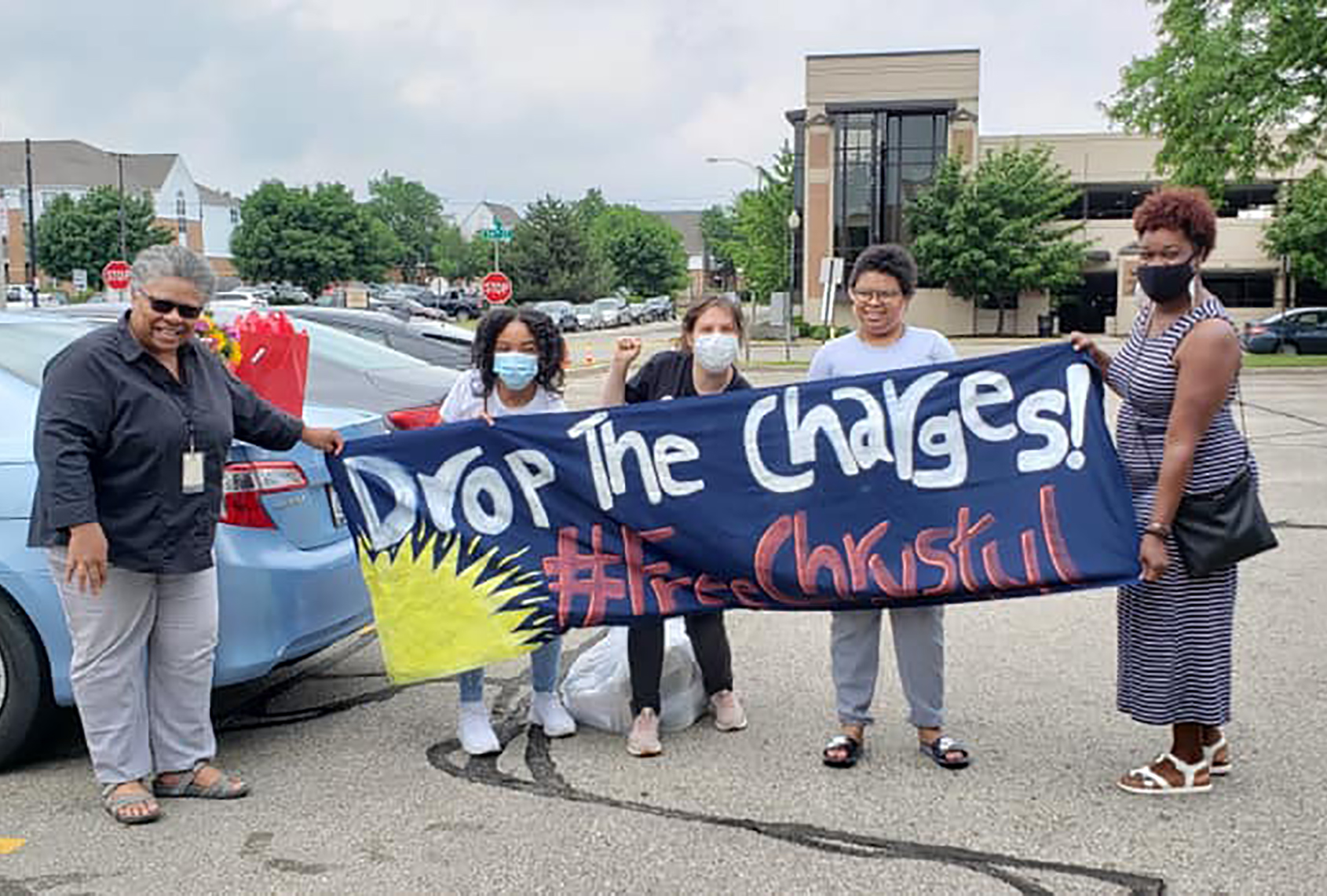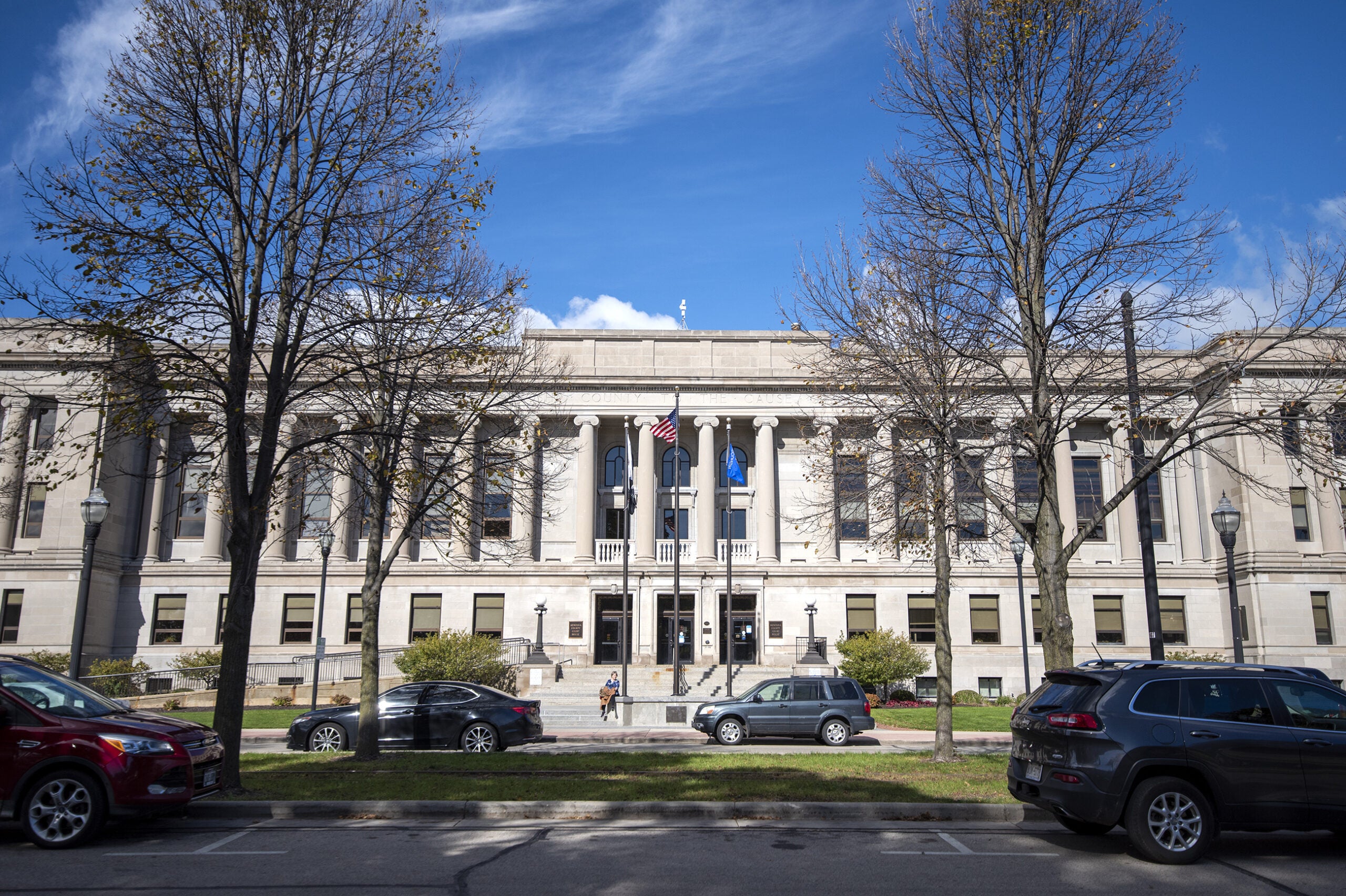The Superior City Council has approved plans to create a task force to combat sex trafficking, with an emphasis on policies, programs, training and other resources to promote healing and support for trafficking victims.
Council members unanimously approved the initiative Tuesday.
The group would reach out to Superior and Douglas County law enforcement, prosecutors, public health officials, schools, nonprofit groups and survivors to develop recommendations to address trafficking.
News with a little more humanity
WPR’s “Wisconsin Today” newsletter keeps you connected to the state you love without feeling overwhelmed. No paywall. No agenda. No corporate filter.
The issue hits close to home for Superior native Tatiana Bergum, who runs the trafficking prevention program with North Homes Children and Family Services in Duluth, Minnesota. Bergum has been working on the initiative to create a task force in Superior. She told council members about her work with young adults in the area that have been trafficked or exploited for sex.
“And it started when I started to see youth go back and forth between the bridge (connecting Duluth and Superior),” said Bergum. “And, so it’s been a lot of conversations to kind of get to this point.”
Superior resident Laura Gapske, programs director for the organization Men as Peacemakers, said sexual exploitation has been a historic issue in the international port community. But she said instances of trafficking are likely far underreported.
“This is an issue that is under the radar. People don’t necessarily know what to look for,” said Gapske.
A report released last year by the Wisconsin Department of Justice found part of the problem is confusion over how to define trafficking as well as inconsistent reporting. Law enforcement agencies who were surveyed in 2019 reported 118 incidents of human trafficking and another 139 incidents that were reported as either trafficking or prostitution.
Around one-third of agencies that responded didn’t differentiate between human trafficking and prostitution when reporting incidents, while 90 percent of agency heads lack a policy that makes a distinction between the two offenses.
Gapske said training would be one goal of the task force along with enhancing coordination between local and state government to address trafficking.
In Minnesota, lawmakers passed a “safe harbor” law in 2011 that ensures youth under 18 years old that engage in prostitution are viewed as victims and survivors rather than criminals. A bipartisan group of Wisconsin lawmakers introduced a similar bill in the 2019-2020 legislative session that would prevent prosecution of minors who engage in prostitution. But the proposal failed to pass.
Gapske said Superior could consider passing its own safe harbor ordinance and explore other ways to address trafficking.
“We also need to adopt a comprehensive approach to adult and youth victims of sexual exploitation through the survivor’s input,” said Gapske.
Both Gapske and Superior Mayor Jim Paine noted that area law enforcement, prosecutors and crisis response agencies have already worked together to address trafficking in Superior.
“But, the key missing voices are … survivors of sexual and human trafficking, but also you policymakers,” said Paine, addressing the council. “And so, this is a way of elevating the issue, giving it more support and power and resources to the people that are already doing this work.”
Advocates for victims of sexual assault or exploitation would welcome more resources, according to Nicole Thole, sexual assault program coordinator for the Center Against Sexual and Domestic Abuse in Superior.
“We obviously serve people as best as we can, but we’re not fully equipped to offer the services that someone experiencing commercial sexual exploitation or sex trafficking would (need),” said Thole. “So just being able to have different policies put into place, having the resources within our community, and being able to work with other agencies to have some sort of safety net … would be insurmountably helpful.”
The city of Superior plans to seek grant funding to create a plan to address human trafficking that would include support services and housing. Other cities like Milwaukee have human trafficking task forces. The state’s largest city has developed a reputation for being a hub of human trafficking.
Data from Milwaukee Police Department incident reports released in 2018 found 340 people who were 25 years old or younger were confirmed or believed to be victims of sex trafficking. A follow-up report the same year found 85 of those young people had been reported missing 765 times while they were in out-of-home care like foster homes or shelters.
The number of commercial sex trafficking offenses recorded in Wisconsin rose from 66 cases in 2018 to 99 cases in 2019, according to the most recent data from the FBI’s uniform crime reports.
Wisconsin Public Radio, © Copyright 2025, Board of Regents of the University of Wisconsin System and Wisconsin Educational Communications Board.





